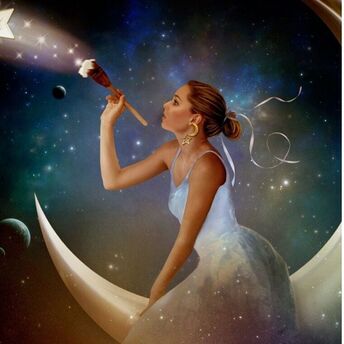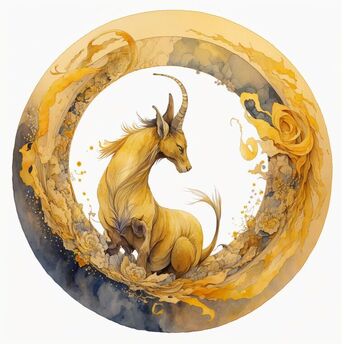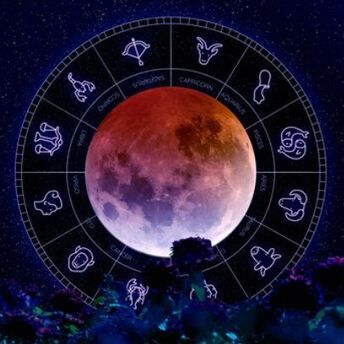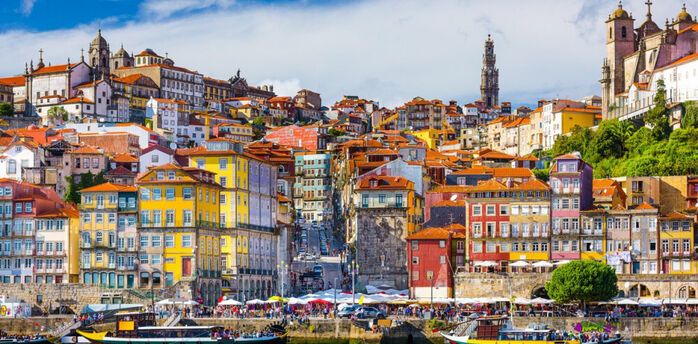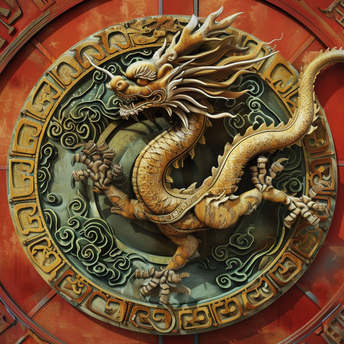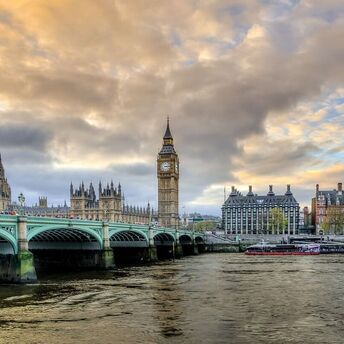Typical mistakes to avoid for tourists in Romania

Romania has a rich cultural heritage, and as a traveler, you should be aware of the social and cultural norms to avoid offending the locals and their customs.
Like any other country, Romania respects its customs and traditions and expects understanding from tourists. Of course, you won't know everything, but knowing some things can help you have a smooth travel and tourism experience. Five basic rules were prepared by newsbytesapp.com.
Don't ask the locals about Dracula
Romania is known for its connection with the legend of Dracula. Asking locals about Dracula and vampires may seem offensive and disrespectful.
Many Romanians consider the association with vampires to be a harmful stereotype spread by Hollywood and other Western media. They may believe that the emphasis on Dracula and vampires in the Latin language tarnishes the country's cultural and historical heritage.
Don't think that Romanian is a Slavic language
The Romanian language is not Slavic but derived from Latin. Although it has been influenced by other languages, including Slavic languages, its grammar, vocabulary, and pronunciation are different from Slavic languages such as Russian or Bulgarian.
The assumption that Romanian is a Slavic language can be seen as disrespectful to the country's unique linguistic and cultural heritage. Most Romanians consider this an insult.
Don't talk about politics and communism
Political discussions, especially those related to the country's communist past, can be sensitive topics. Many Romanians experienced harassment, violence, and economic hardship during the communist regime that lasted from 1947 until the 1989 revolution.
As a result, many Romanians prefer not to discuss the communist era in a casual setting. Instead, they focus on the positive aspects of the culture, such as art, music, and food.
Do not confuse Romanians with Gypsies
Often in the media, you can hear that Romanians are Gypsies (also known as Roma). In Romania, they are an ethnic minority that makes up only three percent of the population. In addition, not all Roma are nomads. Many of them are now educated and have well-paid jobs.
Stereotypes or generalizations about the Roma community can be offensive and perpetuate harmful prejudice.
Do not confuse Bucharest with Budapest
When Michael Jackson arrived in Bucharest and exclaimed, "What's up, Budapest?" the locals laughed indulgently. But as this trend continued and was followed by many visitors, locals soon became seriously irritated.
Bucharest is the capital of Romania, and Budapest is the capital of Hungary. Confusing these two cities could be interpreted as a lack of interest in local culture.
Earlier, TravelWise wrote about the best bets to try in Romania .



